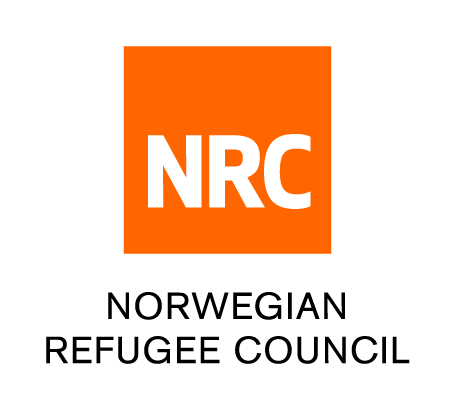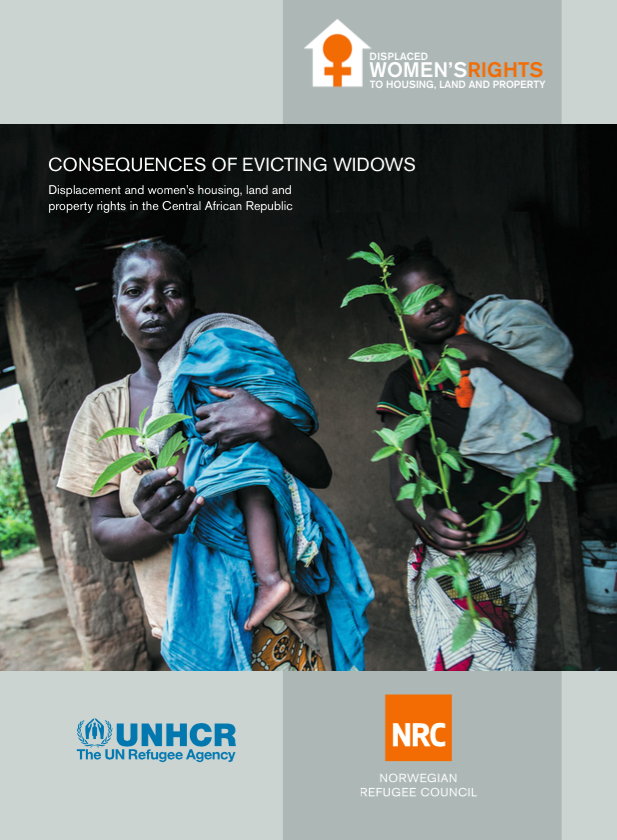The Norwegian Refugee Council (NRC) is an independent, humanitarian, non-profit, non-governmental organisation, which provides assistance, protection and durable solutions to some of the world’s 42 million refugees and internally displaced persons.
With humanitarian assistance programmes in 20 countries, NRC assists people to claim their rights, access available remedies, and recover from the effects of abuse and violations. NRC’s Information, Counselling and Legal Assistance (ICLA) supports beneficiaries in claiming and exercising their rights. ICLA provides information, counselling, legal assistance, collaborative dispute resolution, capacity- building and advocacy activities. An increasingly important area of NRC’s legal aid work supports displaced women as they seek to enforce their housing, land and property (HLP) rights.
Members:
Resources
Displaying 6 - 10 of 48The Importance of addressing Housing, Land and Property (HLP) Challenges in Humanitarian Response
Examines 8 reasons why addressing housing, land and property issues is important in humanitarian response, including: addressing loss of land or inability to return to land and homes after disasters, and protecting women and supporting their recovery.
NRC: The Importance of Addressing Housing, Land and Property (HLP)
A new report by the Norwegian Refugee Council (NRC) and the International Federation of Red Cross and Red Crescent Societies (IFRC) outlines eight reasons why it is important to address HLP issues from the outset of a humanitarian response, including:
Saving lives, preventing further displacement and human rights violations
Adapting humanitarian response to complex urban environments
Ensuring equal access to humanitarian assistance
Promoting access to justice in crises contexts and contributing towards durable solutions
Derechos de las mujeres desplazadas a vivienda, tierra y propiedad
En Colombia, las personas desplazadas o en riesgo de desplazamiento a causa del conflicto armado se enfrentan una gran barrera que les impide acceder nuevamente a sus tierras: La ausencia del título de propiedad.
Adicional a lo anterior, el proyecto Tierra y Género (2010-2014) del Consejo Noruego para Refugiados identificó que la mujer no forma parte del título de propiedad de los predios, lo que aumenta su vulnerabilidad y riesgo de desplazamiento en zonas de conflicto.
Consequences of evicting widows
The crisis that engulfed the Central African Republic (CAR) in the end of 2012 resulted in the perpetration of gross human rights violations, including the widespread looting and destruction of homes. As people fled the violence they left behind land which others occupied illegally. More than a year after the height of the crisis, approximately 440,000 Central Africans continue to be internally displaced. Almost half a million are refugees in neighbouring countries.
ECUADOR: HOUSING, LAND AND PROPERTY RIGHTS FOR COLOMBIAN REFUGEE WOMEN AND PERSONS IN NEED OF INTERNATIONAL PROTECTION (PNIP)
The armed conflict in Colombia causes continued forced displacement into neighboring countries. Ecuador is the country receiving the highest number of Colombian refugees. By the end of 2013, 135 5881 people were registered inEcuador by UNHCR, with an average of 1000 new claims each month. In Panama, UNHCR estimates that 18 2972 people are living in a refugee like situations mostly in urban areas or marginalized suburbs.





